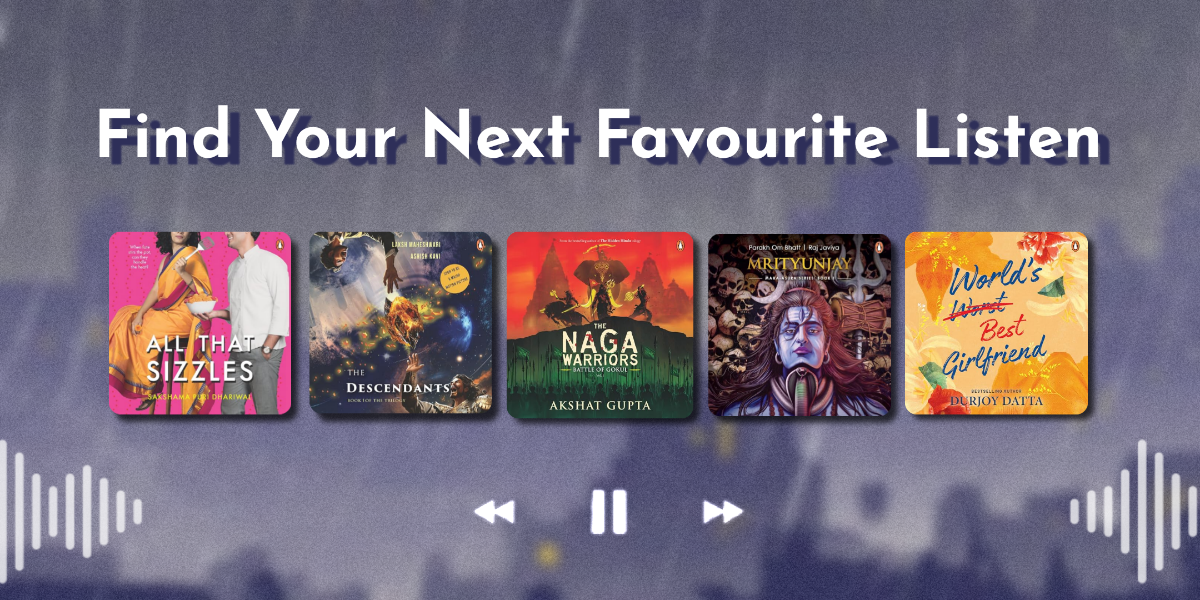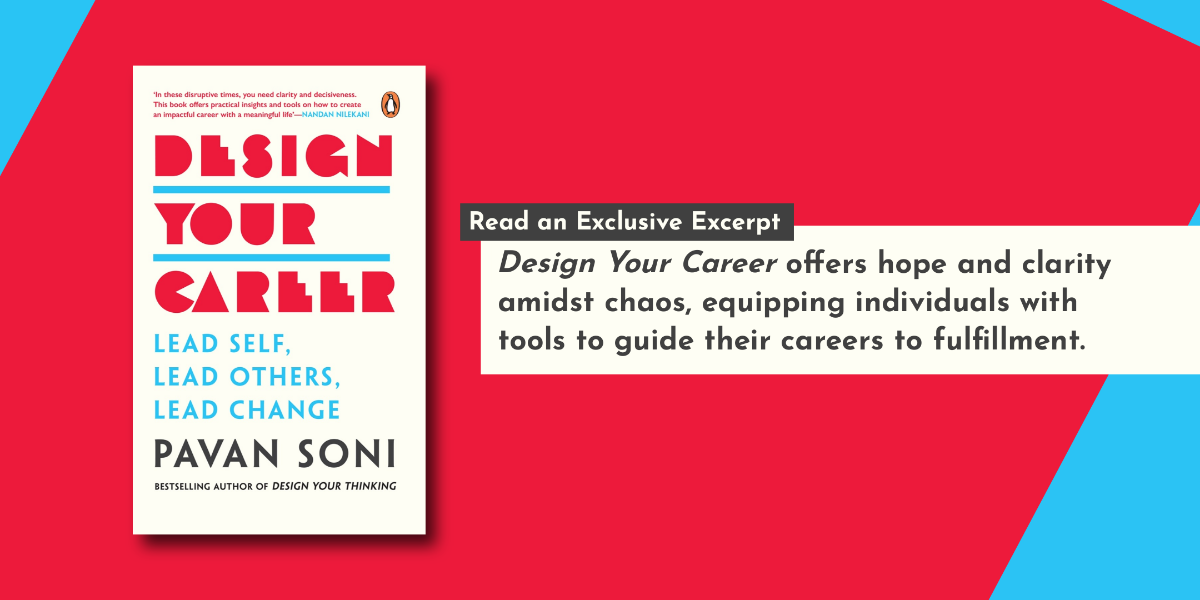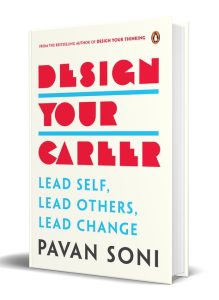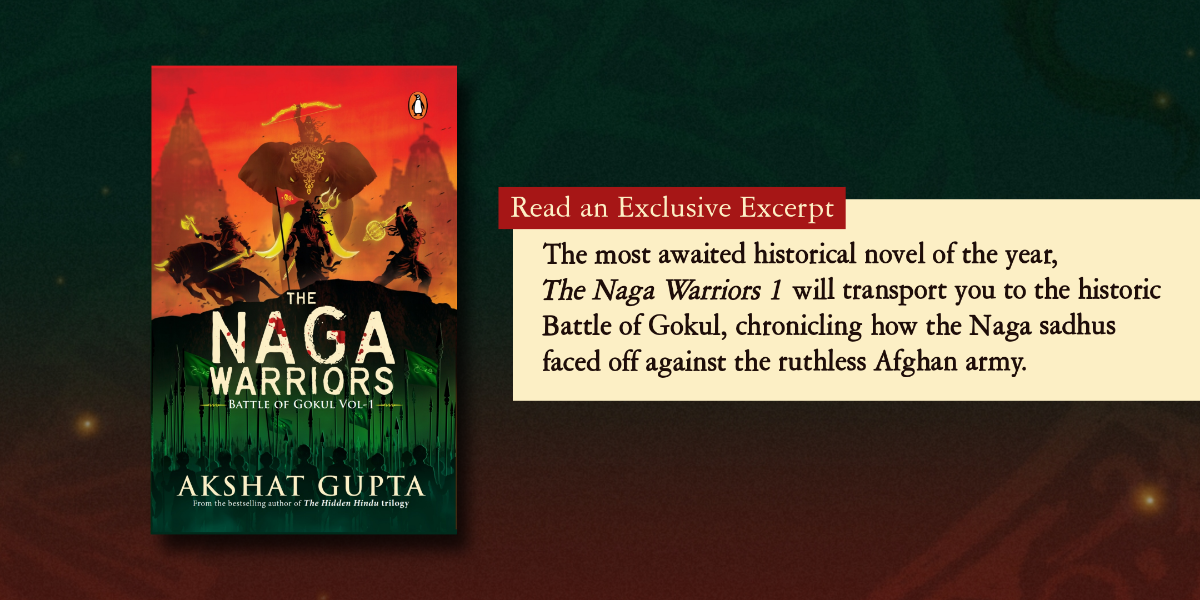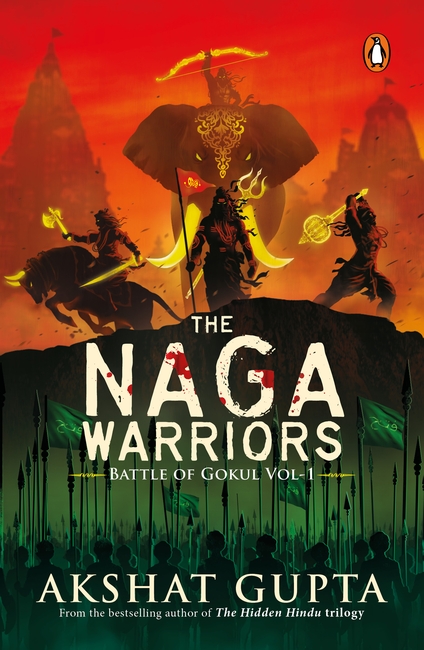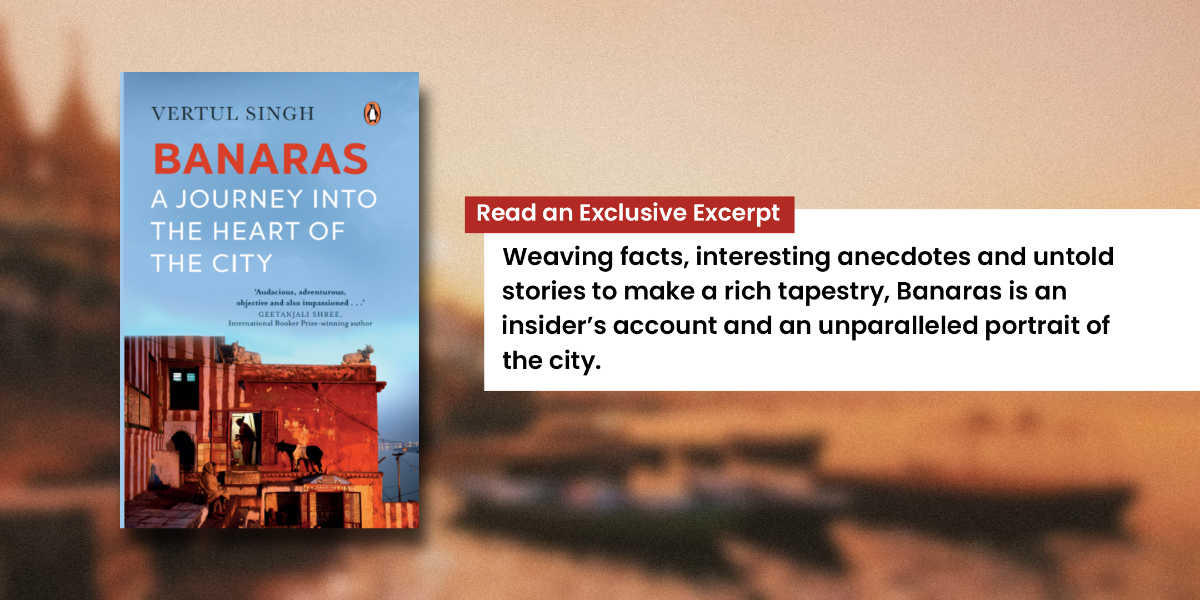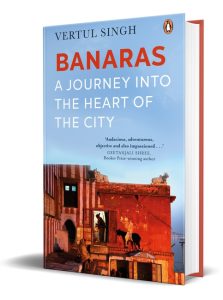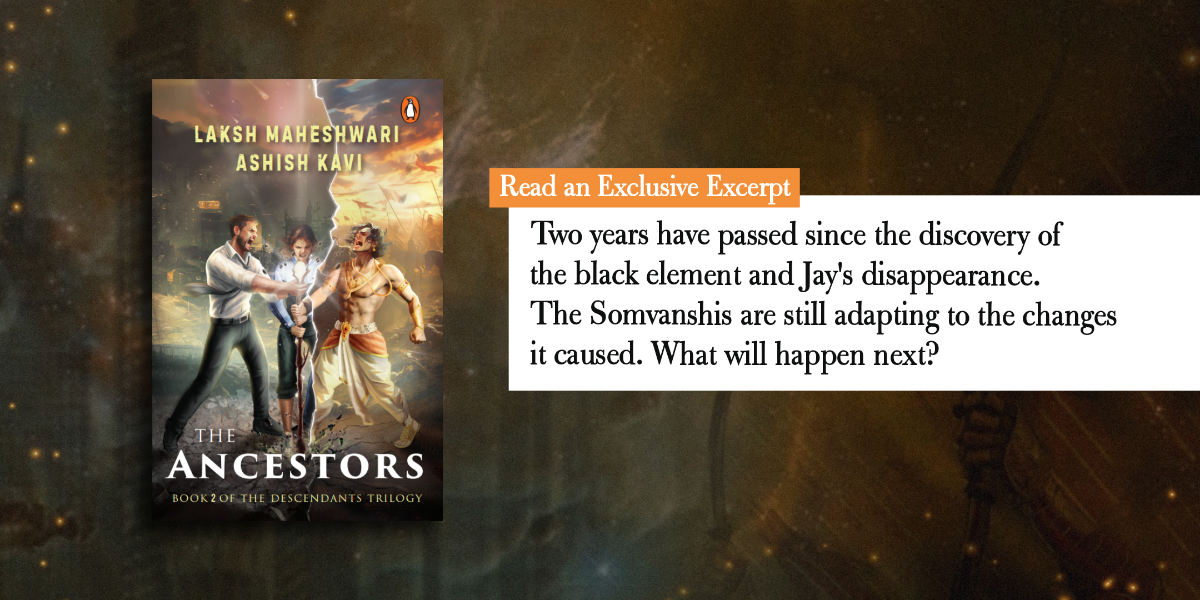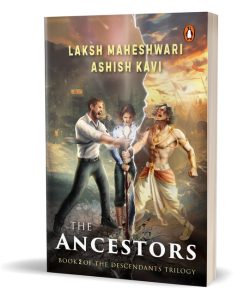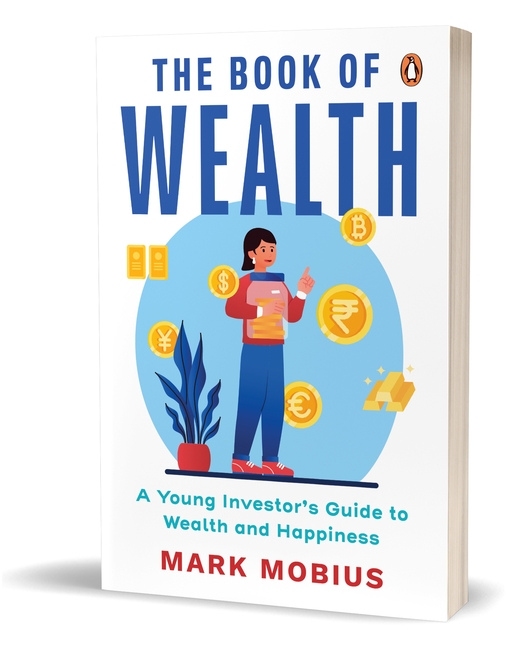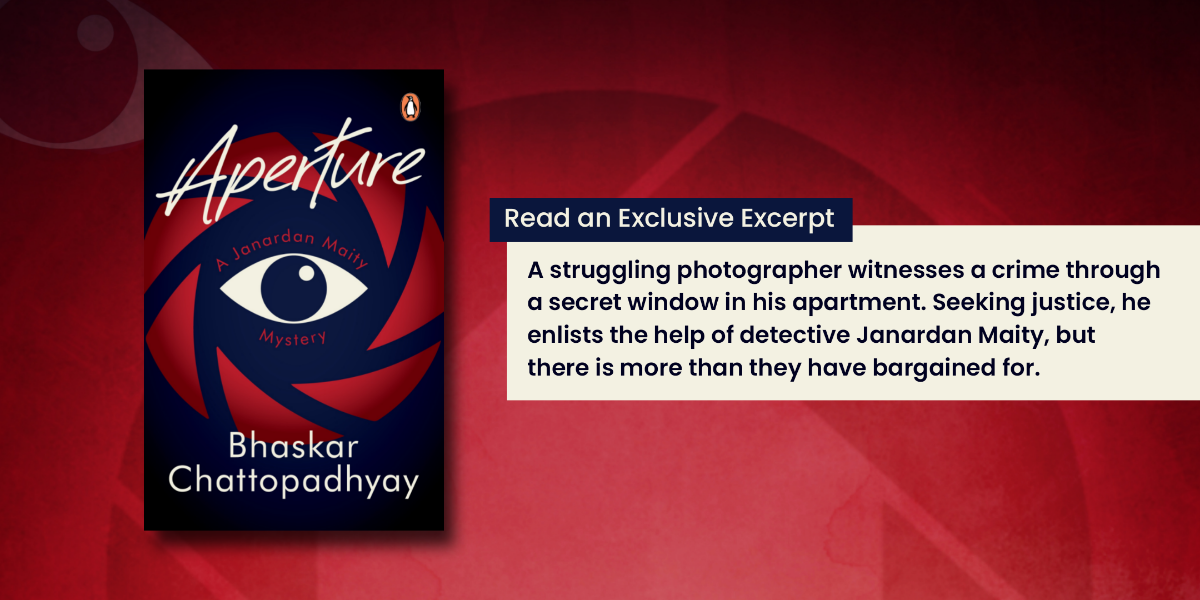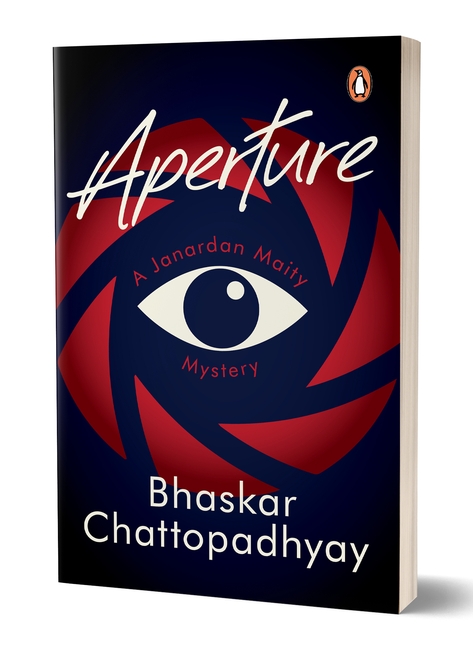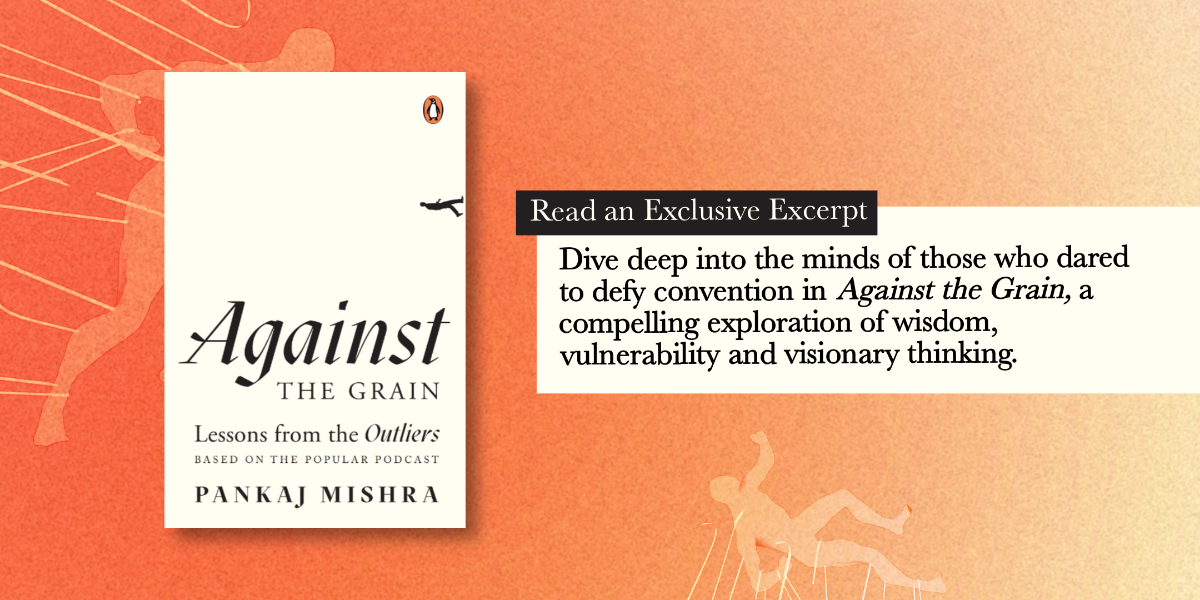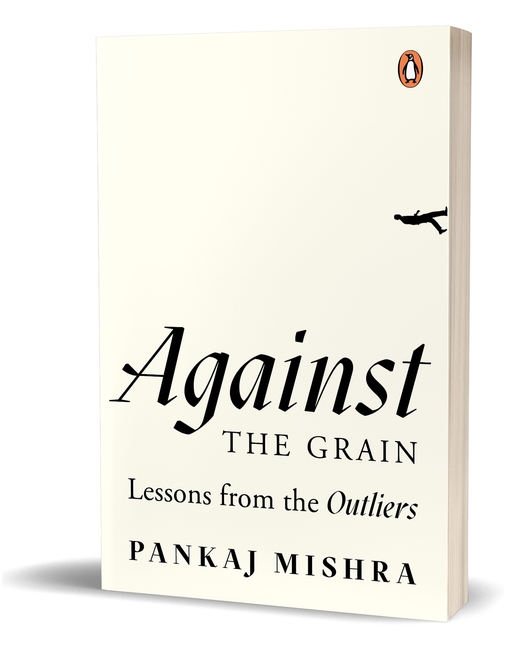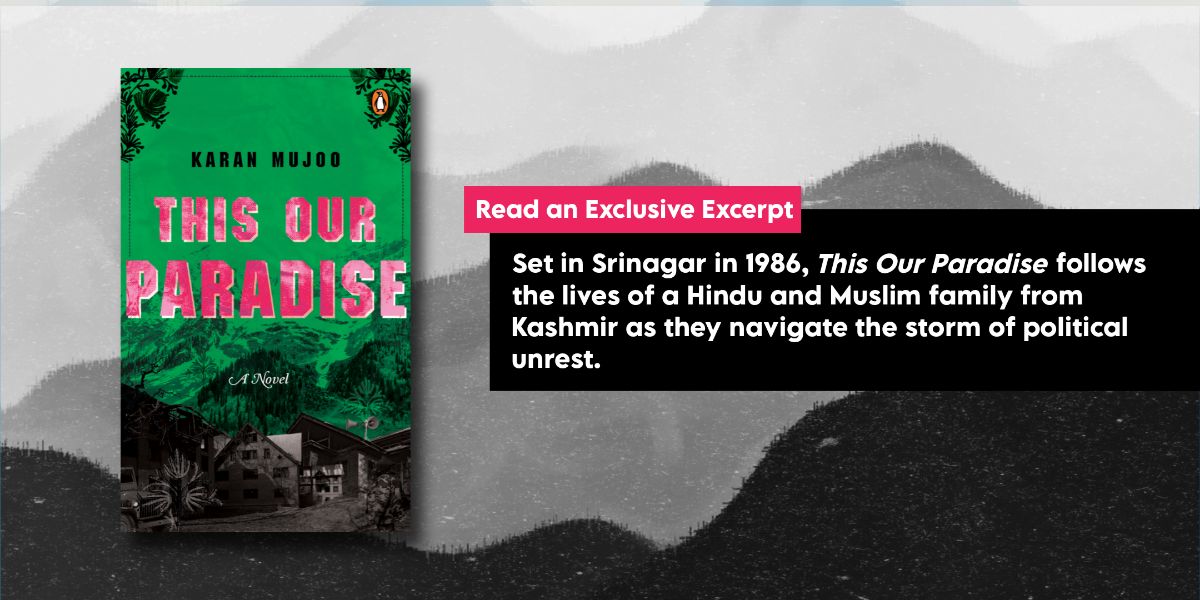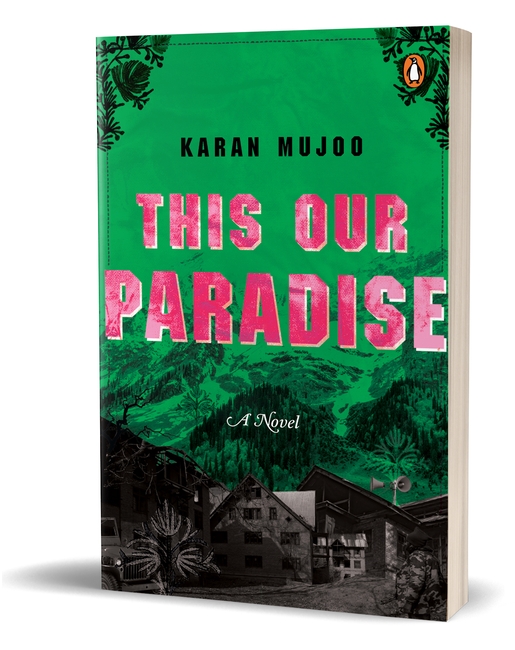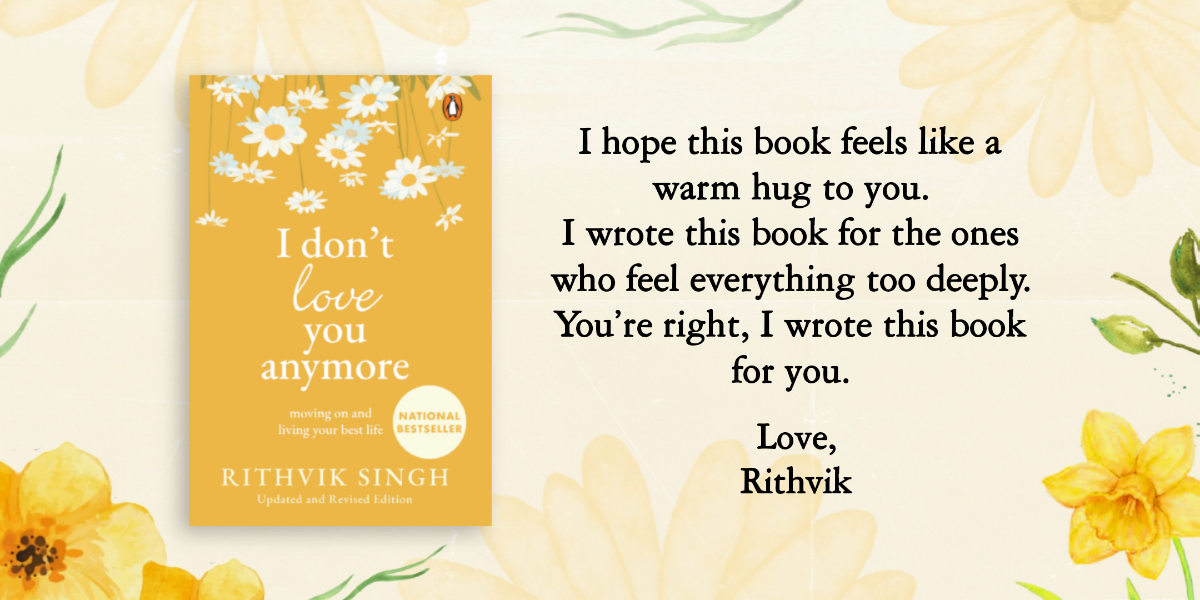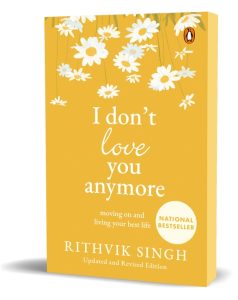Stuck in traffic during the rainy July days? Audiobooks are your perfect companion! As the monsoon showers pour down and traffic slows to a crawl, there’s no better way to pass the time than getting lost in a great story. So whether you’re cozy at home listening to the rain or navigating through the wet streets, these 7 audiobooks will keep you entertained and make the time fly by.
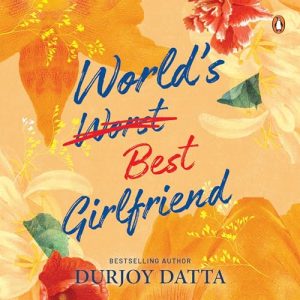
‘When he turns, I see his eyes. There’s a sense of surety in them, a sense of danger, a sense of entitlement and definitely, arrogance.’
Daksh and Aanchal meet under improbable circumstances in the most unlikely of places—a posh resort in the Andamans. While Aanchal is fighting hard to escape the shackles of a lower middle-class existence, Daksh is aimless and unsure of what his future holds. Strangely, they are drawn to each other.
‘My gaze drifts to her exposed back, and the tiny knot that secures her shimmering choli in place. Emotions of anger mix with a strange desire in me.’
Four years later, when they meet again, Daksh’s world has crumbled around him. The burden of caring for his sick father and six-year-old sister has left him with little time for anything else. Yet, despite their diverging paths, Daksh and Aanchal find themselves reconnecting in unexpected ways. Their mutual attraction deepens.
Till now, fate has been pushing them together, but what will happen when they decide to take matters into their own hands? Will life be as they’ve imagined, or will destiny take even that away from them?
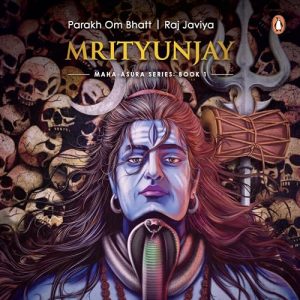
PRESENT DAY, BHARAT
Renowned archaeologist Sudhir Arya dies mysteriously the night before Diwali. His grandson, Vivaan, comes to his hometown to perform the last rites. Here, he gets a phone call that sets him off on a puzzling journey as he discovers thousand-year-old secrets and shocking facts about his identity.
1026 CE, PRABHAS KSHETRA
Sultan Mahmud Ghaznavi has attacked the first jyotirlinga of Lord Mahadev: Somnath. Did he seek the temple’s treasures? Or was he looking for a Puranic heirloom of Sanatan Dharma, the mystery of which has been buried under layers of time?
470 CE, ARAB LAND
Yogi Matsyendranath awakens the kundalini energy of his army through the ritual of Aatma Jaagran as it takes on terrifying, evil entities tasked with protecting the greatest mystery of the Kaliyuga.
SATYUGA, ARYAVARTA
Through yagnas, bloody sacrifices and mantras prohibited in the Vedas, Devi Anishtatri, the goddess of malevolence, is invoked. She appears in her most ferocious form and grants a boon so potent it could change the fate of the universe.
What is the link between Aryavarta, Arab Land and Prabhas Kshetra?
What is the vicious boon that threatens to change the fate of the cosmos?
The ultimate battle of Kaliyuga is about to begin . . .
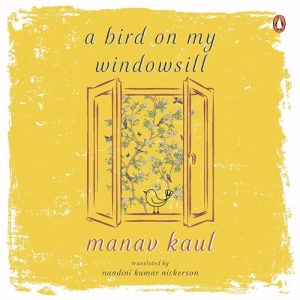
In Manav’s world, memories are like little birds perched upon the windowsill of time. In his world there are no boundaries between thoughts and reality. In his world the past and the present form a mirror that disintegrates into the memory of a single day…
Known for writing silences and articulating dreams, in this book Manav sifts through the past, delves into the present and talks about all the creative impulses, writing, directing theatre and acting that have made him who he is. Through his poetry and prose, he creates vignettes of his life, a long-lost love, his interactions with people as he travels, his favourite authors and their writings, almost as if he’s trying to weave a world for the audience as well.
Beautifully symbolic, this book is a rich tapestry of thoughts and feelings, of todays and tomorrows, of being alone and seeking loneliness.
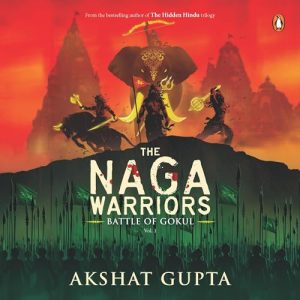
To prepare for the future, our ancestors created the Naga sadhus―a clan of warriors for the protection of Dharma, as proclaimed by Adi Guru Shankaracharya in the eighth century. This sect of Shiva devotees has stood firm, living selflessly and fighting fearlessly. For centuries, they have died the death of heroes, serving and saving Dharma and the temples.
In the year 1757, 111 Naga sadhus borrowed the majestic weapons of the idols of their gods. Fueled by their belief in Lord Shiva, they gathered an invincible courage to protect the temples of Gokul. They stood as an indestructible wall, led by Ajaa, a fearless Naga warrior, against the Afghan army of 4000 men, a cavalry of 200 horses and 100 camels, and 20 cannons. The brutal Afghan army was led by Sardar Khan, the most ruthless commander of Emperor Ahmed Shah Abdali, ill-famed for the demolition of temples and building a history of genocide in Bharat.
The fight continues. This is the Naga warrior’s commitment to courage and determination. This is the clash of Shiva devotees against the devils that lie under men’s skin. This is the Battle of Gokul.
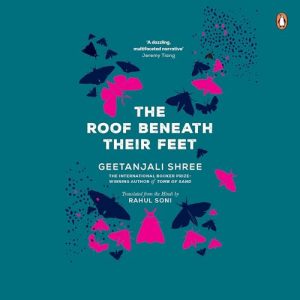
In this beautifully crafted novel, roofs have a special place; they are meant for wild things, for romance and for play, they are places to dry pickles and grains while exchanging gossip about quiet caresses. But above all, they are realms of freedom.
In The Roof Beneath their Feet, Chachcho and Lalna use their roofs to build a friendship that transcends time and memory. Suddenly one day, Lalna has to leave, to return only after Chachcho’s passing. Amidst rumors and gossip in the neighborhood, Chachcho’s nephew tries to piece together his memories of the two women, one of whom is his mother. The truth he is searching for could destroy him forever, but to not find out is no longer an option. A story of twists and turns, The Roof Beneath Their Feet, translated from the original Hindi by Rahul Soni, is easily one of the best contemporary novels you have found in a long time.
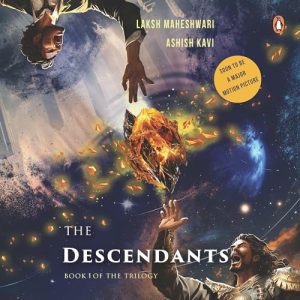
When a fiery meteor lands on the Somvanshi estate, Jay and his mentor Kaka are the first to find it, and Jay is mesmerized by the element he finds in the orb. Using his family-owned Vantra Labs, of which he is the CEO, Jay carries out extensive research into the material, along with his team of brilliant scientists. He names the material, the black element.
Little does he know the chain of events that he is about to set off. Directed by the strings of fate, Jay is heading towards the truth concealed in family legend and a prophecy that can be traced back to the times of the Mahabharata war.
When Jay realizes the supernatural possibilities that the black element is capable of, he is determined to use it for the greater good. But, as history has shown, when there is power in the wrong hands, greed takes prominence and compassion takes a back seat.
Amid a succession of heists, ploys, twists, tragedies and discoveries, will Jay be able to see the true picture? Will he understand the balance between fate and free will and how they can amalgamate to fulfil his purpose? Will he realize the prophecy? And is all of this simply history repeating itself?
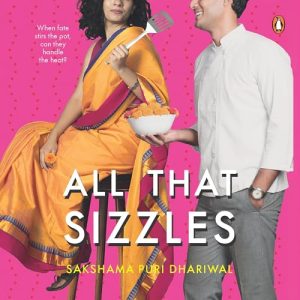
A spicy meet-cute that will delight your rom-com palate!
Wedding planner Tanvi Bedi is all fired up about her latest project, the $100 million wedding of a media heiress. The only hitch is her high-profile client’s wishlist chef, Nik Shankar. Weddings are a complete no-no for Nik, but there must be something—or someone—he can’t resist.
Nik Shankar’s lifelong dream of inheriting his ancestral home is in jeopardy due to his estranged grandfather’s absurd caveat—Nik must get married to claim the property. When Tanvi storms into his office, an inconceivable solution presents itself: Nik will craft the wedding if Tanvi pretends to be his fiancée.
What starts as a recipe for disaster whips up into a delectable feast of simmering chemistry and fiery passion. But as the line between fake and real blurs, Tanvi and Nik must confront their inner demons before their charade goes up in smoke.







